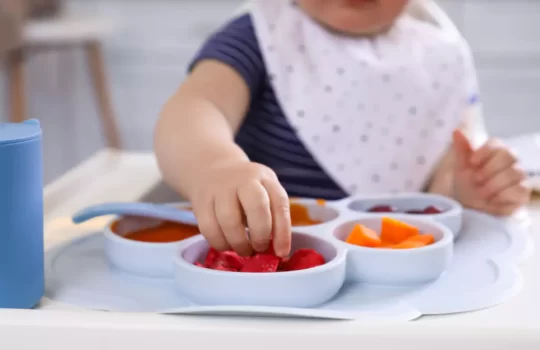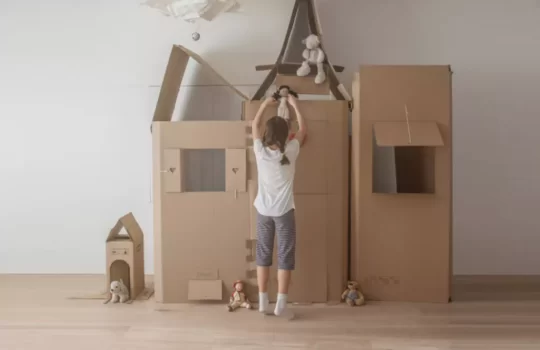How to Practice Minimalism When you are a Parent
November 3, 2022 2023-07-10 14:09
How to Practice Minimalism When you are a Parent
When you become parents, you want to give kids the entire world! Yes, you feel that your children ought to have everything that you never had. Of course, this comes from a good place and you want what’s best for your kids.
This could be more vacation. More gadgets. More outings. More clothes. More toys. This is because we want to provide them with the best of everything.
This turns into a feeling of guilt when we are not able to do something for them. We may not always be able to afford that vacation. When we see our friends taking their kids out and uploading photos of the wonderful holiday they have had, we feel that our kids have missed out on the fun and feel guilty.
You may worry about not being able to spend enough time with them and taking care of work and home. If you didn’t land a spot in that coveted school, would you be putting them at a disadvantage in their education?
There is so much guilt and fear that comes from a place of love, trying to do everything, be everything that you will only end up feeling less; Less happiness. Less energy. And definitely less calm.
It is the time of affluence, after all! Everyone seems to be in the pursuit of earning more, wanting more and spending more. More than they will ever need anyway! And the worst part is that parents are passing on to their children. But is it working? No! Kids are not satisfied even with twenty vehicles they own; they want more. No amount of soft toys is enough; they are miserable if one is missing from their collection.
If the kids are not satisfied no matter how many toys, gadgets and other stuff they get, it is not their fault. It is just a reflection of the adult world they see around them.
How common it was in our childhood to wear clothes passed on from an older sibling, books bought from an old bookshop or passed down from a friendly neighbour and so many other stuff used till they got really old and then they were refurbished or thrown away reluctantly only when they were beyond salvaging?
Most things were bought only when there was a need and was taken good care of. But now we simply buy stuff whether we really use them or not. It may give us that high for a few days after we purchase the stuff, and then? We are just filling up our homes and the land and water bodies of the world with all the waste.
Most of us have enough stuff to actually give away and last us for years. This is why we need to practise “Reduce, Reuse, Recycle”. But there is another thing that you can do well to adopt -Refuse. Refuse to buy things you don’t really need!
So, if you are wondering what can be done; for one, you can practise minimalism. “Less is more” is a Montessori way of approaching things. Let’s look more into it and see how we can adopt it in our parenting style.
Why Less is more in Parenting
What is Minimalism?
The benefits of Minimalism
- Less material stuff to take care of and less space in your mind for all the things that need doing means you get better clarity on the important stuff.
- Makes life less chaotic and simple. The fewer clothes you buy, the more space in your wardrobe. The lesser the number of stuff, the easier it gets to put them away after use.
- Saves time and energy to do other things like spending time with your child, exercising, painting and whatever you want to do!
- Clean space and a clear mind will have you focus on your work better.
- You are teaching your kids to be sustainable and be mindful of what they consume. This is only good for the planet and the environment.
How to parent like a Minimalist
There are a few things you can do to adopt minimalism in everyday life.
Quality over quantity
When there are too many toys at home, children get overwhelmed. Toys that are too flashy or noisy, with too many movements can be overstimulating. There is not much play to be had with these toys either.
You can ditch these toys for open-ended toys like rainbow stackers and pretend play toys like kitchen sets that provide hours of wonderful fun. Wooden toys are a lot more durable and can be passed on to friends, siblings and neighbours kids, and even generations!

Refuse stuff you don’t need
Invest in long-lasting stuff
Items of top-notch quality last for years, even a lifetime! Spinning tops are toys that everyone will love, even adults. Ever tried spinning a top after spending a lot of hours at the desk? You should, it's exhilarating and soothing! Wooden teethers, particularly themed ones can also be enjoyed by older kids and not just infants.







